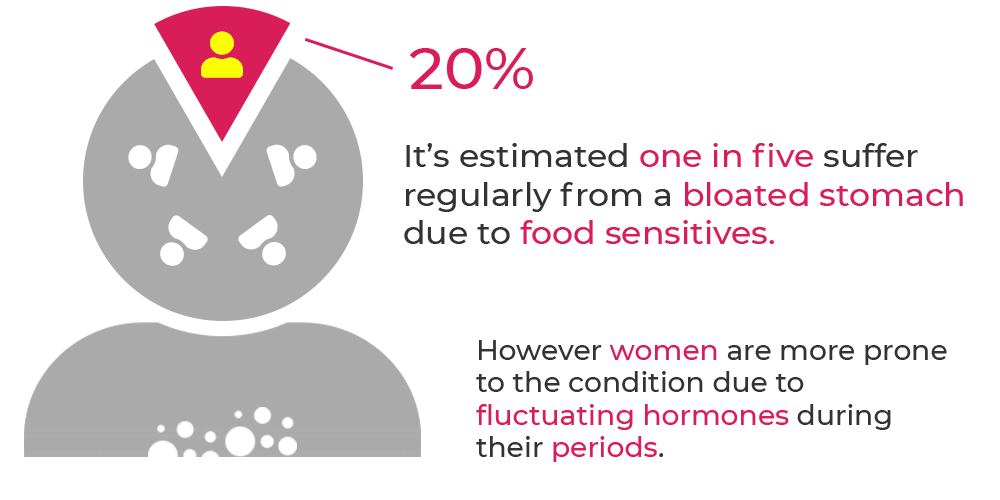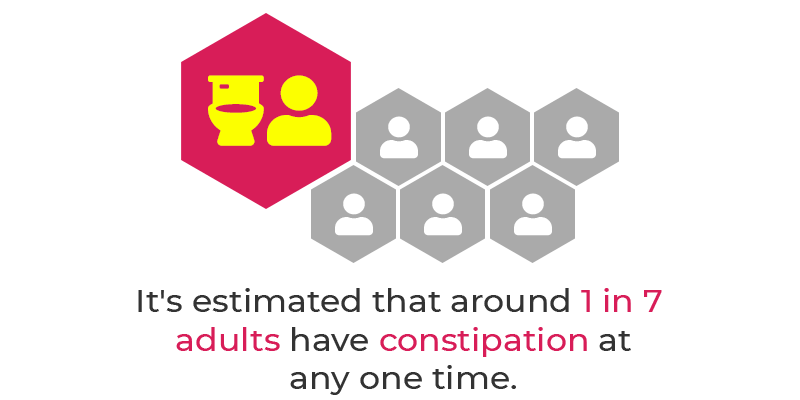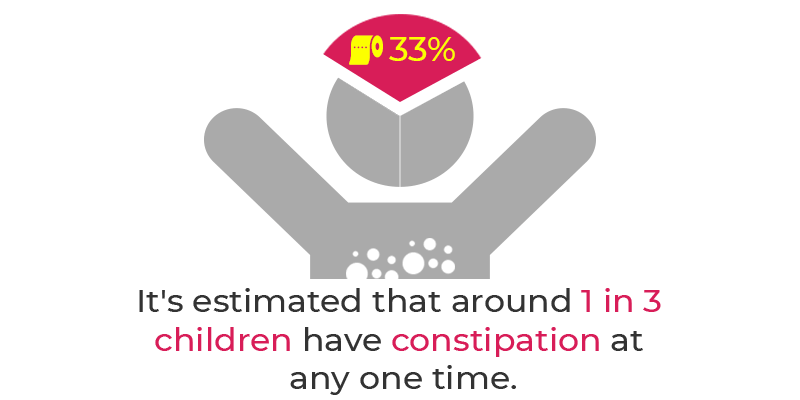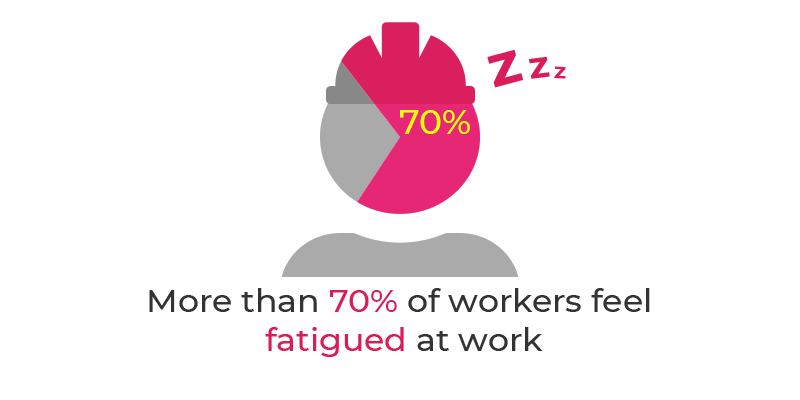Common Allergy and Intolerance Symptoms

Bloating can come from numerous different imbalances within the body, the main one being food allergy or intolerance.
Symptoms can also occur as a side effect from dehydration, anxiety, stress and pregnancy.
Other causes are:
Constipation
Lacking nutrients (or struggling to absorb them)
Bacteria imbalance
Nerve damage
Abnormal intestinal contractions


Constipation is often caused by the intestines absorbing a lot of water from your digestive system as it’s needed elsewhere. This slows the movement of faecal matter and stops you from being able to poo. A common cause of constipation is through the consumption of items which you have a sensitivity to.


Regular sufferers of diarrhoea know how embarrassing it can be when an attack strikes; but what actually is it? Diarrhoea is an increased occurrence of excretion, usually with a much looser, liquid-like stool. As it’s human nature to try to hold the poo until you’re near a toilet, it can be followed by a painful stomach and bloating. If linked with an ongoing illness, you may find a fever or increased thirst is also present.
Diarrhoea is a common symptom of an undiagnosed food allergy or intolerance. The digestive system is trying to remove the offending item by flushing it out of the system. Consuming an item that you are allergic to for an increased amount of time could cause IBS (Irritable Bowel Syndrome) and malabsorption of nutrients.

This is either physical, or mental exertion and is easily missed as a food sensitivity symptom. Due to living busy lives, people can ignore feeling tired and pass it off as unequal work/life balance. Disregarding these symptoms in the long-term have shown to be a primary cause of mental health issues.
Due to the body needing to properly process foods which it is having a reaction to, it has to use your energy to aid digestion. Understanding your allergies and intolerances can help you to avoid these items allowing you to sleep better and have more energy.


Unfortunately, headaches are one of the most misdiagnosed intolerance symptoms, due to their confusion with:
Flu
Panic attacks
Tooth ache
Dehydration (see constipation)
Or even hangover


